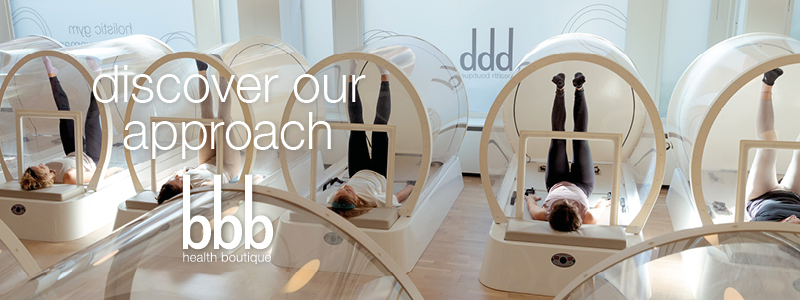be kind to yourself
be happy with yourselfDo you know how te be kind to yourself? You’re only as beautiful as you feel. Sounds like a cliché but it is true. If you feel beautiful you carry yourself better socially and with more self-confidence. You glow and that is attractive. Even though we know this, we often have the habit of waving away compliments and not finding ourselves beautiful. Through all the beautiful pictures and images in films, social media and magazines we have set the standard very high for ourselves. We strive for perfection instead of self-acceptance. It is quickly not good enough. A negative self-image is actually a strange principle. You are who you are, how can that not be good enough?
How does a negative self-image work?
Linking of our own self worth to the way we look is quite acceptable. Rationally we realise that our own self worth is not dependant on our success, the way we look or our weight but when push comes to shove, we often find ourselves using these as our standards. How does this actually work? Our conditioning and therefore our identity are formed during our upbringing. However much our parents had the best intentions, all those ‘no, don’t do that’, ‘don’t complain, cry, spill that etc’, give a child a feeling of low self-esteem. We then also realise that when we are good, nice and strong our parents are happy. As a result, this sort of behaviour makes us feel good about ourselves. This leaves us with the conclusion that: “If I’m brave/sweet/beautiful then I am good”…. And viola! Our survival mechanism is born.
Believes
A child who believes that if they are nice they are good can develop a habit of avoiding conflicts. A child who believes that if they are beautiful they are good can develop a habit of dieting or obsessing over their figure. These mechanisms are addictive because if they work they give us a good feeling about ourselves. Our self-image is then dependant on dieting, achieving success and avoiding conflicts. This is not actually a problem. Everyone does it and it can bring a lot of positive things as well until it starts to stand in the way of your personal development and it starts to break you up.
Self-acceptance
So how do you develop more self-acceptance and become less dependant on these mannerisms. The most important thing is to recognise these mechanisms and feelings and to look at them in a friendly manner. Everything you put in the sun, doesn’t look as bad, but everything you hide in the dark becomes uglier and darker.
An exercise in acceptance
Sit in an active position. Scan your body and direct your attention to the place where you feel the most emotion or feelings. Make the space around the emotion bigger. Allow it freedom to move. Look at the movement: Does it move slowly or fast, go up or down, turn in circles? Be aware of the sensation: does it sting, burn, is it pulling? Look at the substance, is it hard, soft, fluid? Let it flow. Then place your hand on the place. Give the emotion loving attention. Let it be and try not to solve it or make it disappear. Let it be with the message that you are allowed to feel it. Allow your hand to give it energy and that it is allowed to be there just as it is.
An exercise for a positive life
Everything that receives attention grows! That’s why it is important to give extra attention to beautiful moments, positive characteristics and personal successes. Every evening, before going to bed, write down 5 things that you felt good about that day. For example, what you thought you did well but also situations or comments that made you feel happy. You’ll realise that every day is a fantastic day!
